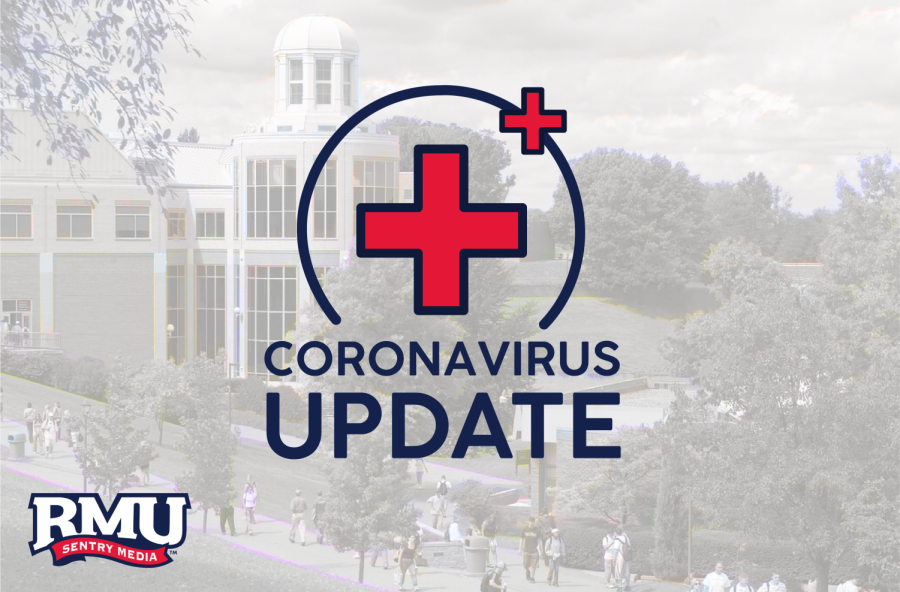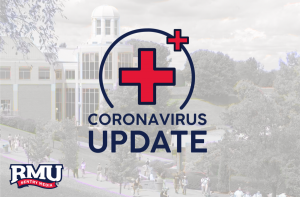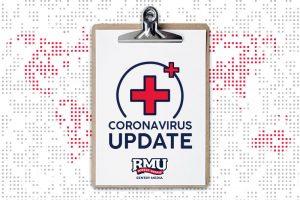University of Pittsburgh announces potential COVID-19 vaccine
The research is the first peer reviewed vaccine capable of neutralizing COVID-19.
April 2, 2020
PITTSBURGH — As the world’s medical research community races to find a cure for Covid-19, a veteran vaccine researcher right here in Pittsburgh has stepped up with what may be a promising solution.
The University of Pittsburgh has announced the development of a potential vaccine to SARS-CoV-2, the strand of coronavirus causing the COVID-19 pandemic. Pending approval from the Food and Drug Administration, the “PittCoVacc” is delivered through a patch that attaches to the skin like a bandage.
A research team from Pitt’s School of Medicine was able to quickly develop the vaccine due to its previous work with coronavirus outbreaks. The new vaccine uses a cell known as a spike protein, which can build immunity to coronaviruses.
“We had previous experience on SARS-CoV in 2003 and MERS-CoV in 2014,” said Andrea Gambotto, associate professor of surgery at the Pitt School of Medicine. “These two viruses, which are closely related to SARS-CoV-2, teach us that a particular protein, called a spike protein, is important for inducing immunity against the virus. We knew exactly where to fight this new virus. That’s why it’s important to fund vaccine research. You never know where the next pandemic will come from.”
The drug is delivered through a technique known as a microneedle array, which uses 400 miniature needles to deliver the proteins into the skin. The needles are made of sugar, allowing them to dissolve over time.
Purification of the protein and production of the needles can be done on a massive scale, Gambotto explained, allowing for the vaccine to produced and disseminated quickly. Additionally, the product can sit at room temperature, eliminating the necessity for refrigerated travel.
“For most vaccines, you don’t need to address scalability to begin with,” said Gambotto. “But when you try to develop a vaccine quickly against a pandemic, that’s the first requirement.”
While testing on mice saw antibodies arise within two weeks of the microneedle application, the team still needs approval from the FDA if it wants to begin human testing. Gambotto said his team hopes the process will begin in the upcoming months.
“Testing in patients would typically require at least a year and probably longer,” said Louis Falo, professor and chair of dermatology at Pitt’s School of Medicine. “This particular situation is different from anything we’ve ever seen, so we don’t know how long the clinical development process will take. Recently announced revisions to the normal processes suggest we may be able to advance this faster.”
The full statement from the research team can be found here.
More information about COVID-19 can be found at the Centers for Disease Control and the World Health Organization’s websites.















